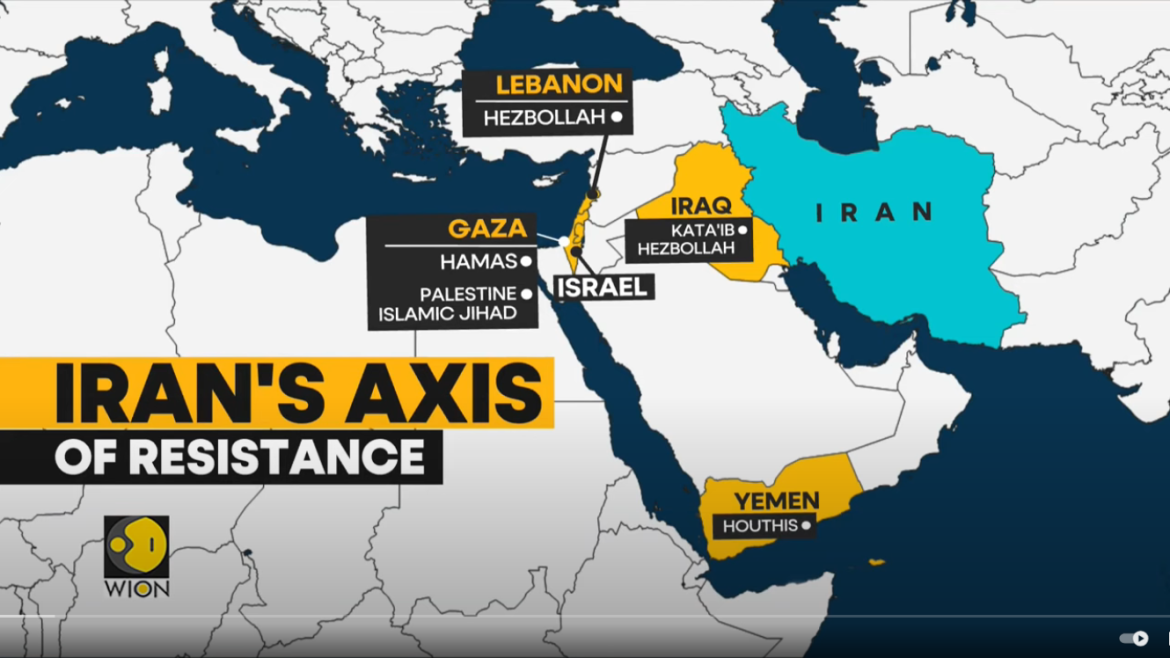The United States is reportedly considering bolstering its defenses for Israel in the event of an Iranian attack. President Joe Biden, in a phone conversation with Israeli Prime Minister Benjamin Netanyahu on Thursday, assured that the U.S. would support Israel’s “defense against threats” through new “defensive” military deployments. This development follows heightened tensions in West Asia, particularly after the recent assassination of a Hamas leader in Tehran.
Iran has declared its intention to attack Israel in retaliation for the killing of Hamas Chief Ismail Haniyeh and Hezbollah leader Fuad Shukr. The situation has escalated further with Iranian leader Ayatollah Khamenei ordering a direct strike on Israel during an emergency security council meeting on Wednesday. The strike order was confirmed by three Iranian officials, including two members of the Revolutionary Guards, shortly after Iran acknowledged Haniyeh’s death.
In Israel, the atmosphere is tense as settlers are seen fleeing in large numbers, driven by fears of an impending attack by Iran and its ally, Hezbollah. Airports are crowded with people seeking to leave the country in anticipation of the retaliatory strike. Khamenei’s order for a direct attack has prompted Israeli authorities to place the nation on high alert, with additional security measures being implemented across various regions.
Analysts suggest that Iran could either opt for a staggered response or undertake immediate coordinated attacks with the help of its proxies. The deaths of prominent figures like Haniyeh and Shukr have fueled calls for a significant retaliatory strike, potentially involving various factions aligned with Iran’s ‘Axis of Resistance,’ which includes groups like Hezbollah.
In response to these developments, President Biden is actively considering new defensive military deployments to support Israel. The U.S. is focused on ensuring that Israel can defend itself against any immediate threats, while also maintaining stability in the region. The specifics of these deployments have not been disclosed, but they are expected to include advanced defense systems and additional military personnel.
The international community is closely monitoring the situation, with concerns that further escalation could lead to a broader conflict in the region. Diplomatic efforts are likely to intensify as nations seek to prevent a full-scale war. The potential for coordinated attacks involving Iran and its proxies adds a layer of complexity to the already volatile situation.
As tensions remain high, the coming days will be critical in determining whether diplomatic efforts can de-escalate the situation or if further military confrontations are inevitable. Both Israel and Iran are preparing for all possible scenarios, with the U.S. playing a key role in supporting its ally in the face of these threats.



